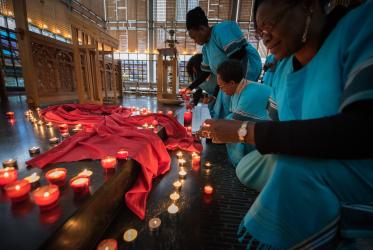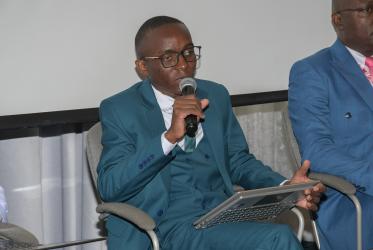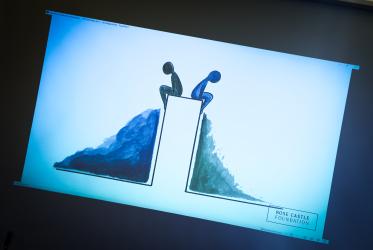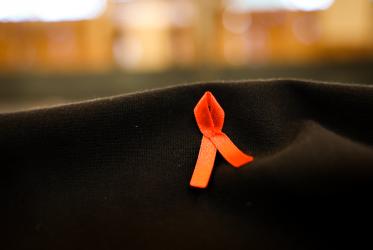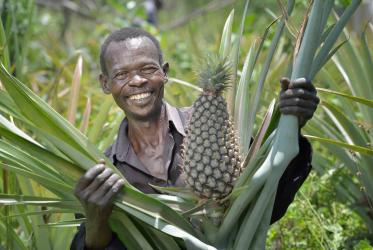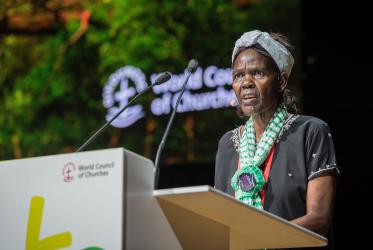Displaying 1 - 20 of 387
Thursdays in Black now has a Youth Edition
21 December 2023
"Mental health is a universal human right" - 13th Global Ecumenical Health Network Meeting
11 October 2023
Online
El CMI condena el ataque a una escuela en Uganda
20 June 2023
ÖRK verurteilt Anschlag auf Schule in Uganda
20 June 2023
WCC condemns Uganda school attack
19 June 2023
Peace Pilgrim Agnes Abuom dies at 73
01 June 2023


